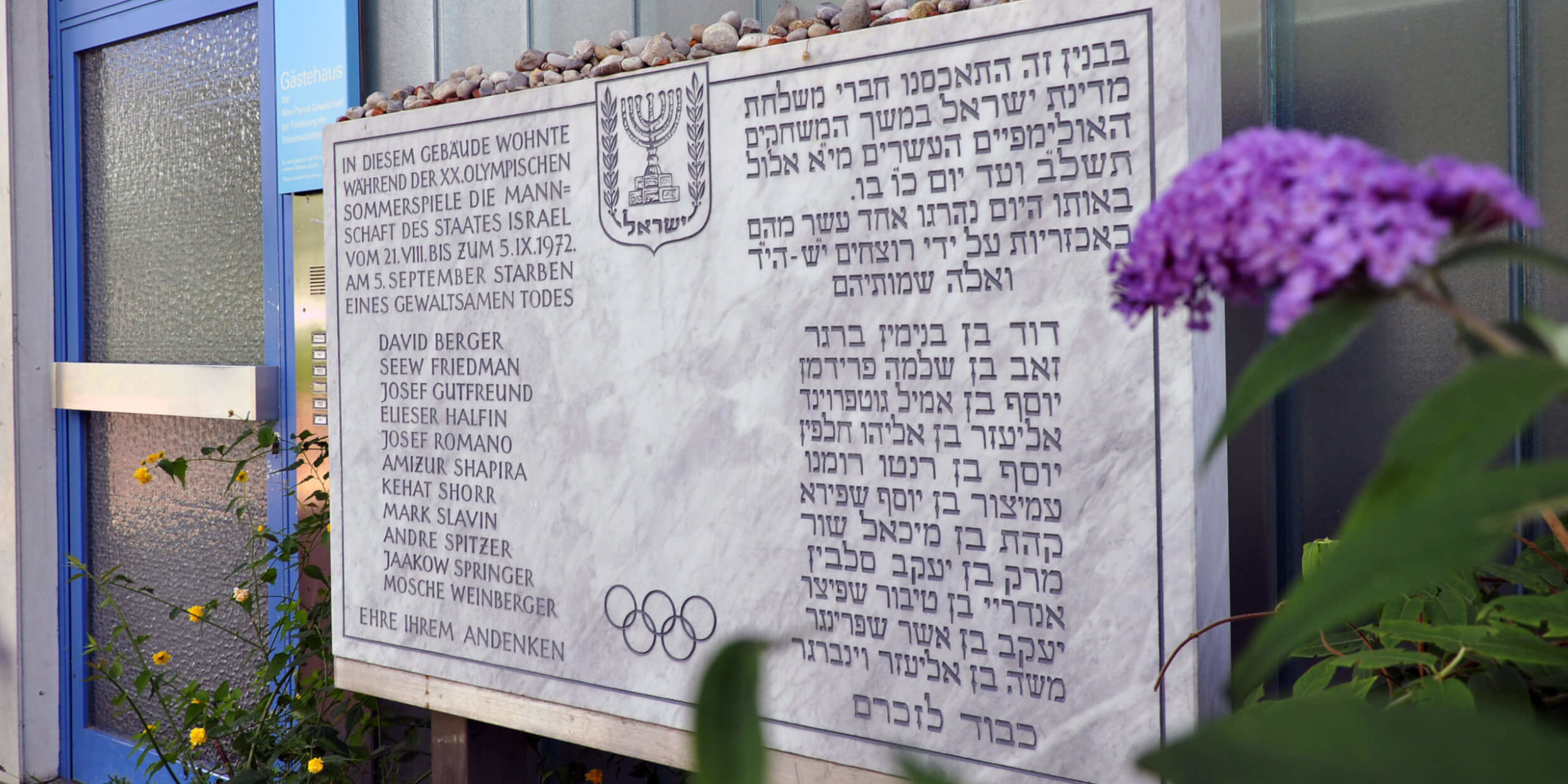This week marked the 50th anniversary of the terrorist attack at the Munich Games. In 1972, the German government was eager to showcase how that country had evolved in the post-Nazi era by hosting the Olympic Games. But, that didn’t happen. Eight members of the the terrorist group Black September, which was affiliated with the Palestinian Liberation Organization, breached the Olympic village and attacked a dormitory housing Israeli athletes. The Israelis were held for 20 hours, as the world watched negotiations take place. One hostage was shot and then tortured in unspeakable ways, and another athlete died in the Olympic Village. Then, when the terrorists took their hostages to the Munich airport for the planned escape in a plane, the Germans attempted a rescue operation that ended in disaster, with the remaining nine Israelis being killed.
Key details of the attack and treatment of the Israelis were kept from public view for decades that left surviving family members struggling for information. The incident sustained a narrative put forth by the terrorists that they didn’t intend to kill anyone, only take hostages. The International Olympic Committee (IOC), made the decision to continue the games after the tragedy—a decision that remains highly controversial. To make matters worse, the IOC did not have any substantive memorial on the event until the 2021 Tokyo Olympics. The German government, whose ineptitude in the hostage rescue resulted in the deaths of the Israelis, did not make restitution to the victims’ families until recently—and only after those families promised to boycott the 50th memorial to be held in Munich.
This is a lot to digest. But, in the flurry of stories that came out this week The NY Times had a great piece about the American swimmer Mark Spitz, who won a record seven gold medals and set seven world records at those games. I was a swimmer as a little boy in the 1970s, and Spitz was definitely a hero of mine. Because Spitz was Jewish, officials feared he could also be a target, and he had to leave the country and return to the United States. The article notes that this brought him closer to his faith. He told another news organization, “We were five or 10 miles from Dachau. What better time to stand up for who we are?” Spitz has a great sense of humility. Then and today, as he stands up for his faith and identity, he notes he can’t be a “spokesperson for the entire Jewish community.” It’s hard to imagine what it must feel like to have your greatest personal triumph take place shortly before a terrible and evil event. Spitz said, “Life does have a funny way of moving in the direction of forward. The faster you move in that direction, the better off in some ways you are. But always remember, it’s OK to look back to where you came from. And don’t ever forget that. That’s my focus.”
As a teacher of history, I think it is important to understand the past and to take time to look back. Spitz offers a great reminder of how one’s identity can shape their interactions with historical events and their decisions. In the years since, Spitz has reached out to the survivors of the massacre and offered his support. He didn’t have to do that, but he says he was morally compelled. I find that highly uplifting. His outreach to families in some ways may be more important than his gold medals.
